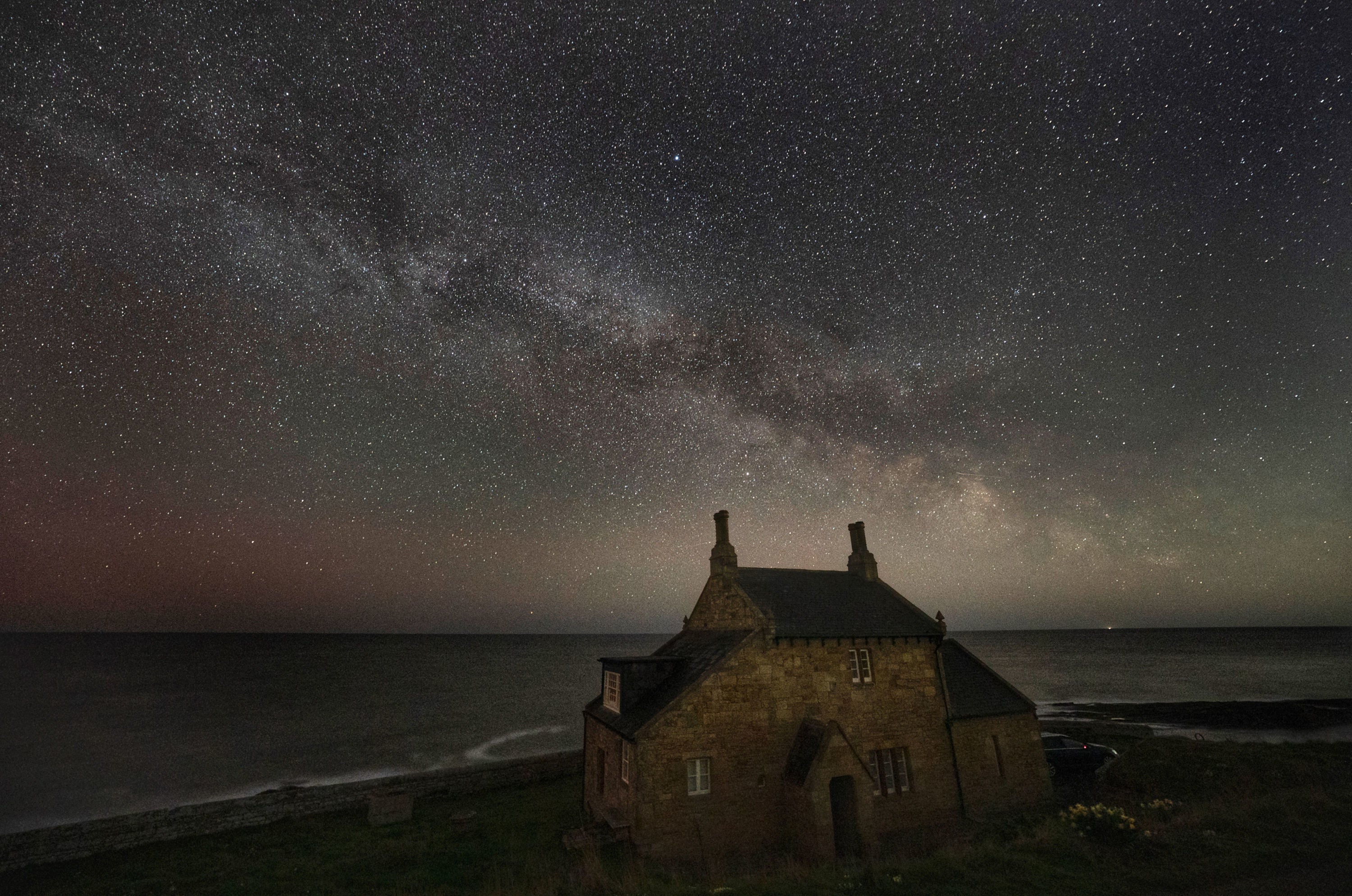Astronomers find oldest black hole ever
Violent object dates back 13 billion years

Your support helps us to tell the story
From reproductive rights to climate change to Big Tech, The Independent is on the ground when the story is developing. Whether it's investigating the financials of Elon Musk's pro-Trump PAC or producing our latest documentary, 'The A Word', which shines a light on the American women fighting for reproductive rights, we know how important it is to parse out the facts from the messaging.
At such a critical moment in US history, we need reporters on the ground. Your donation allows us to keep sending journalists to speak to both sides of the story.
The Independent is trusted by Americans across the entire political spectrum. And unlike many other quality news outlets, we choose not to lock Americans out of our reporting and analysis with paywalls. We believe quality journalism should be available to everyone, paid for by those who can afford it.
Your support makes all the difference.Astronomers have found the oldest black hole ever.
The objects dates back to the very beginning of the universe, more than 13 billion years ago. The discovery of such a massive black hole so early in the universe appears not to fit with our current understanding of how they form and grow, the researchers who found it said.
It is “eating” its host galaxy – and will eventually do so with such violence that it destroys the galaxy around it. Its young host galaxy, named GN-z11, is aglow with the swirl of activity inside: while black holes cannot be seen, they can be deduced from the trail of destruction they leave around the, including a bright glow.
The host galaxy is small, at 100 times smaller than our own Milky Way galaxy. The black hole is likely to be responsible: the gas that it is pushing out is probably slowing down the creation new stars, and is thought to be on a path to destroying both the galaxy and then itself.
The discovery is a “giant leap forward” for science in a number of ways, scientists said. That includes the highly detailed James Webb Space Telescope that was required to see such distant objects in such detail.
“It’s a new era: the giant leap in sensitivity, especially in the infrared, is like upgrading from Galileo’s telescope to a modern telescope overnight,” said Roberto Maiolino from the University of Cambridge. “Before Webb came online, I thought maybe the universe isn’t so interesting when you go beyond what we could see with the Hubble Space Telescope.
“But that hasn’t been the case at all: the universe has been quite generous in what it’s showing us, and this is just the beginning.”
Astronomers believe supermassive black holes found at the centre of galaxies like the Milky Way grew to their current size over billions of years.
However, the size of the new discovery suggests they might form in other ways.
They might be born big, or they can eat matter at a rate that is five times higher than had been thought possible.
“It’s very early in the universe to see a black hole this massive, so we’ve got to consider other ways they might form,” said Professor Maiolino.
“Very early galaxies were extremely gas-rich, so they would have been like a buffet for black holes.”
Standard models suggest supermassive black holes form from the remnants of dead stars, which collapse and may form a black hole about a hundred times the mass of the Sun.
The newly-detected black hole would take about a billion years to grow to its observed size, if it had grown in this way.
However, the universe was not yet a billion years old when this black hole was detected.
Like all black holes, this young black hole is devouring material from its host galaxy to fuel its growth.
However, the study suggests it gobbles matter much more vigorously than others.
Additional reporting by agencies
Join our commenting forum
Join thought-provoking conversations, follow other Independent readers and see their replies
Comments